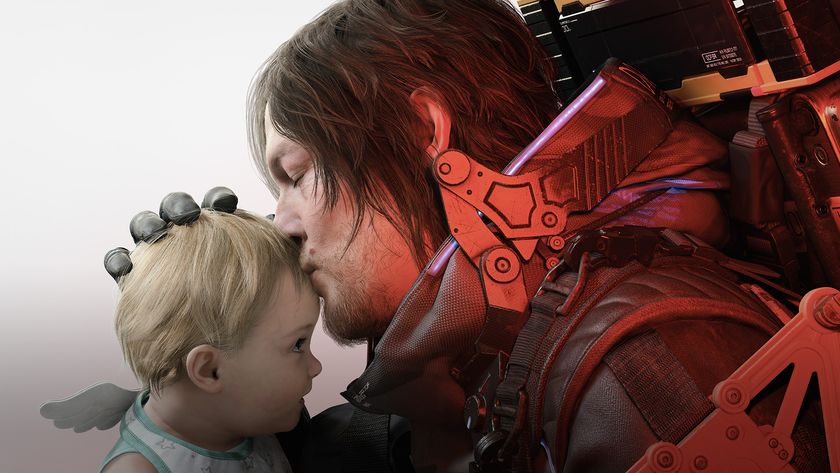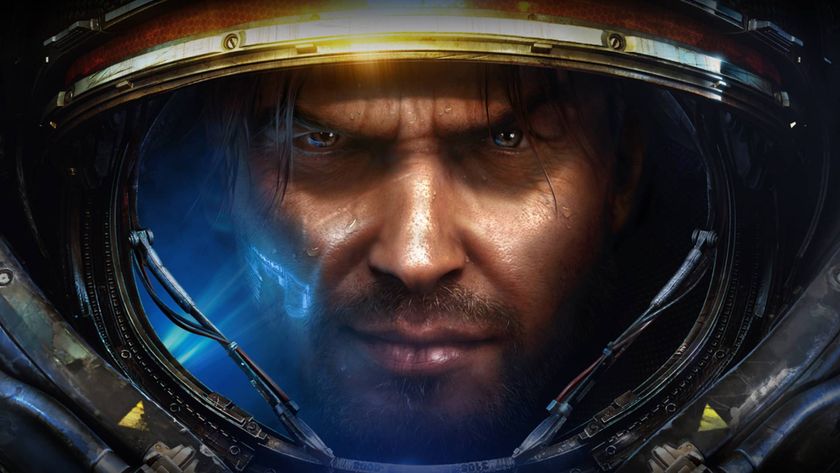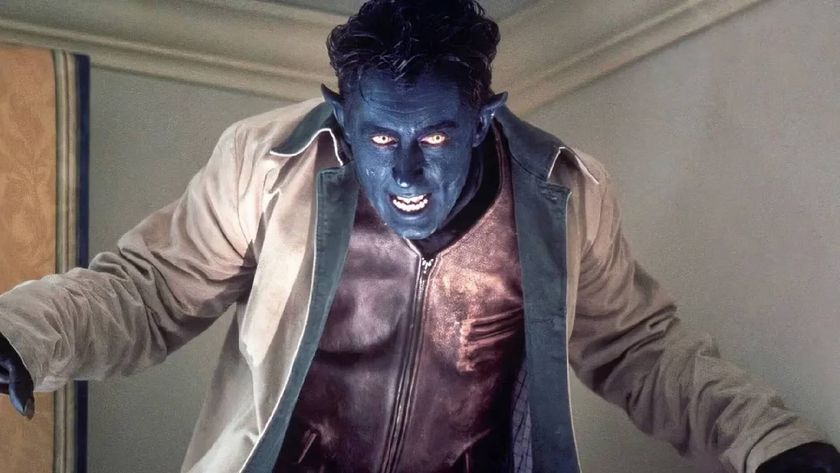The Top 7... PR disasters
We chronicle the embarrassments that the industry would rather you forgot
2. Hot Coffee
It's one thing for a PR disaster to drag down a company. It's quite another for one to start a serious movement for censorship of videogames at the highest levels of American government, and the infamous Hot Coffee mod did both.
The saga of Hot Coffee began in June 2005, when Dutch gamer/hacker Patrick Wildenborg discovered something he wasn't supposed to while combing through files in the PC version of Grand Theft Auto: San Andreas. Soon after, he released the Hot Coffee mod, which unlocked a disabled - but not deleted - sex minigame starring anti-hero CJ and any of his six "girlfriends." It was stiff, clumsy and obviously unfinished, and it managed to be astoundingly creepy despite not featuring any real nudity. But it was interactive - at least in the sense that hitting up-down-up-down-etc. is interactive - and so it spread like wildfire.
2. Hot Coffee
It's one thing for a PR disaster to drag down a company. It's quite another for one to start a serious movement for censorship of videogames at the highest levels of American government, and the infamous Hot Coffee mod did both.
The saga of Hot Coffee began in June 2005, when Dutch gamer/hacker Patrick Wildenborg discovered something he wasn't supposed to while combing through files in the PC version of Grand Theft Auto: San Andreas. Soon after, he released the Hot Coffee mod, which unlocked a disabled - but not deleted - sex minigame starring anti-hero CJ and any of his six "girlfriends." It was stiff, clumsy and obviously unfinished, and it managed to be astoundingly creepy despite not featuring any real nudity. But it was interactive - at least in the sense that hitting up-down-up-down-etc. is interactive - and so it spread like wildfire.

Above: With horror movies, people always tell the squeamish to look at the faces when things get gruesome. Here, that's exceptionally bad advice
Sign up to the 12DOVE Newsletter
Weekly digests, tales from the communities you love, and more
Unfortunately for publisher Rockstar, so did the story. What started on the internet quickly got picked up by nearly every mainstream news outlet in the country - many of which only half-understood the issue, putting out shock pieces about a children's game that enabled little kids to watch porn by typing in the words "Hot Coffee." Industry critics used it as an opportunity to assail the Entertainment Software Ratings Board, calling it ineffectual and corrupt - which to many gamers seemed weird, given that San Andreas was rated M and nobody under 17 was supposed to be playing it in the first place. Regardless, the controversy peaked with no less a public figure than Hillary Clinton promising a full investigation into the ESRB and whether Rockstar was intentionally distributing porn to kids.
Faced with a full-bore disaster, Rockstar chose to deny any culpability in the incident, instead insisting that Hot Coffee was entirely the work of third-party hackers. That strategy bit them in the ass hard when the minigame was unlocked on the PS2 and Xbox versions of the game using a cheat device, proving beyond a shadow of a doubt that - whether or not it was ever meant to be seen - Hot Coffee was a Rockstar creation. Armed with this information and under considerable public pressure, the ESRB changed San Andreas' rating to Adults Only. Retail chains pulled it off their shelves, and Rockstar began a national recall while it readied a new, Hot Coffee-free version of San Andreas.
We wish we could say the controversy ended there, but no. Hot Coffee awakened and emboldened legions of technophobic would-be censors, and since then, the game industry has been under intense scrutiny by people who neither play nor really understand games. In fact, every few months since Hot Coffee, another state or municipality tries to criminalize sales of violent games to minors - even though every single effort has been smacked down in court as a blatant violation of First Amendment laws. (If you'd like to read more about them, we strongly recommend checking out GamePolitics.) It might have happened anyway eventually, but Hot Coffee was the spark that lit the bonfire.
Above: With horror movies, people always tell the squeamish to look at the faces when things get gruesome. Here, that's exceptionally bad advice
Unfortunately for publisher Rockstar, so did the story. What started on the internet quickly got picked up by nearly every mainstream news outlet in the country - many of which only half-understood the issue, putting out shock pieces about a children's game that enabled little kids to watch porn by typing in the words "Hot Coffee." Industry critics used it as an opportunity to assail the Entertainment Software Ratings Board, calling it ineffectual and corrupt - which to many gamers seemed weird, given that San Andreas was rated M and nobody under 17 was supposed to be playing it in the first place. Regardless, the controversy peaked with no less a public figure than Hillary Clinton promising a full investigation into the ESRB and whether Rockstar was intentionally distributing porn to kids.
Faced with a full-bore disaster, Rockstar chose to deny any culpability in the incident, instead insisting that Hot Coffee was entirely the work of third-party hackers. That strategy bit them in the ass hard when the minigame was unlocked on the PS2 and Xbox versions of the game using a cheat device, proving beyond a shadow of a doubt that - whether or not it was ever meant to be seen - Hot Coffee was a Rockstar creation. Armed with this information and under considerable public pressure, the ESRB changed San Andreas' rating to Adults Only. Retail chains pulled it off their shelves, and Rockstar began a national recall while it readied a new, Hot Coffee-free version of San Andreas.
We wish we could say the controversy ended there, but no. Hot Coffee awakened and emboldened legions of technophobic would-be censors, and since then, the game industry has been under intense scrutiny by people who neither play nor really understand games. In fact, every few months since Hot Coffee, another state or municipality tries to criminalize sales of violent games to minors - even though every single effort has been smacked down in court as a blatant violation of First Amendment laws. (If you'd like to read more about them, we strongly recommend checking outGamePolitics.) It might have happened anyway eventually, but Hot Coffee was the spark that lit the bonfire.

Death Stranding 2 inches ever closer to completion as Hideo Kojima says sound mixing is finally finished just 3 months before release

Following whispers of a StarCraft revival at Blizzard, 4 game companies are reportedly in competition to secure publishing rights and develop new games in the series











